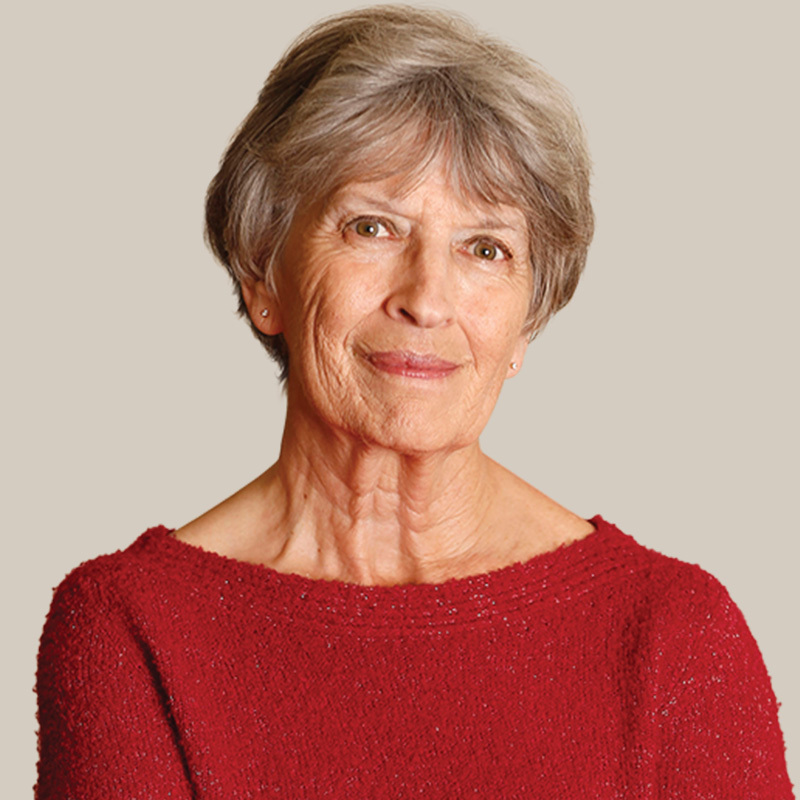Finding ourselves in the paradox | WORLD
May 25 | Posted by mrossol | Health, Personal Development- I find myself and siblings in this situation. It is painful, rewarding, discouraging, exhausting, and more. Sanctifying? I had not thought of that angle. mrossol
By Janie B. Cheaney, May 16, 2024. Source: Finding ourselves in the paradox | WORLD
A caregiver’s difficult, confusing sanctification
Was she serious? Yes, apparently. When they shared this exchange at the caregivers meeting, we all stared at each other, stunned.
In double-entry-bookkeeping terms, it makes a kind of sense. The old man barely knows what’s happening. If he were thinking ahead while in his right mind, he probably would have signed some kind of directive. What self-respecting man wants to end this way, spoon-fed and bottom-wiped, blocked from all decisions about his own welfare? Who wants to be an object of pity or ridicule?
Besides, the stress and sacrifice of caregiving can take years off the responsible party’s life. It’s not like raising a child, where the stress and sacrifice pay off. It’s more like a parasitic relationship, where a terminal patient sucks the vitality out of the caregiver while gaining nothing from it. He’s going to die anyway.
Stop feeding him. Just good sense. And also, in a way we instinctively know but can’t always articulate, profoundly evil.
(I am not sure I know exactly how Cheaney defines “stop feeding”. And that is perhaps the crux of the matter. mrossol).
That way lies dystopia, where humans serve cost-benefit analysis and not the other way around. When things don’t make sense, when the calculus doesn’t add up, that’s when humanity is most human: weak yet strong. Vulnerable yet noble.
Sometimes I wonder what my husband would have done if, say 10 years ago, he’d received a foolproof, absolutely guaranteed vision of himself at his current stage of unraveling. As one who feared nothing more than losing control of his own life, would he have been tempted to end it? As one who never fully trusted me, would he recoil to see me in total charge?
Some caregivers in the group confessed to mixed feelings: They loved their husband/father/mother/wife, but would it be better if the loved one passed away peacefully that night rather than prolong a life they themselves would never have chosen? Our guest speaker that day, a grief counselor and pastor’s wife, gently prodded the question. It would be easier, certainly, but better? Better how? Better for whom?
My own mixed feelings crystallized the night my husband almost died of septic shock in the ER. He was somewhat stabilized, but still critical, when the Life Flight crew loaded him on a gurney for transport to the nearest hospital with an available ICU bed. I went home to pack an overnight bag, trying to decide what I would need and for how long. At the last minute I pulled an envelope from the file cabinet containing the precise location of the burial plots we purchased years ago.
Though I gave him better odds by then, I might reach the hospital only to find him dead. That possibility flashed through my mind while on the road: mourning, flowers, cards … freedom. The alternative: diminishment, wheelchairs, wipes, bedsores. After calling up relatives and friends, I called on the Lord. I don’t know what’s best, I told Him, or even what I truly want. Thank God that You do.
Months earlier I had written in my journal: “He’s not a parasite. He’s my sanctification, and I am his.” The sanctification continues.
I’m not a patient sufferer; I do my share of screaming, and he sometimes responds to interference with toddler-like rage. Moments of tenderness lighten stretches of boredom. Meanwhile we’re working out the gospel of losing life to save it, groping through the paradox where we find our true selves.






Leave a Reply
You must be logged in to post a comment.